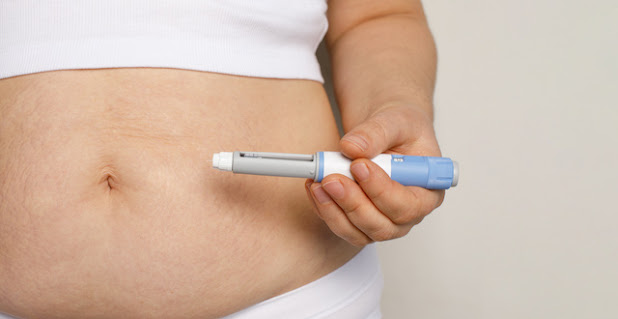Say Goodbye to Acne Scars with Chemical Peels
Acne scars can linger long after the breakouts have faded, leaving behind a constant reminder of past skin struggles. If you're tired of covering up uneven skin tone or rough texture, you're not alone—and there's a powerful solution that’s been gaining attention: chemical peels. More and more people are turning to this treatment for smoother, clearer skin. With growing interest in skin rejuvenation across the UAE, many are also beginning to explore Chemical Peels Cost in Dubai as they plan their skincare journey.
What Exactly Are Chemical Peels?
Chemical peels are a non-invasive cosmetic treatment designed to exfoliate the skin and stimulate new cell growth. By applying a safe chemical solution to the skin’s surface, the top layers gently peel away over time, revealing fresher, healthier skin underneath. Depending on the type and strength of the peel, this process can target a variety of skin issues—from pigmentation and sun damage to fine lines and, most importantly, acne scars.
How Chemical Peels Help Fade Acne Scars
Acne scars, especially those that are indented or pigmented, often need more than just over-the-counter creams to fade. Chemical peels work by:
-
Exfoliating dead skin: This encourages the turnover of skin cells and helps smooth out uneven skin texture.
-
Stimulating collagen production: Some medium to deep peels go beyond the surface, encouraging collagen growth which can help plump up atrophic scars (those sunken acne scars).
-
Lightening pigmentation: For dark marks left behind after breakouts, peels can brighten the skin and even out your complexion.
Over time, this leads to a noticeable improvement in skin clarity, texture, and overall tone.
The Different Types of Peels
There’s no one-size-fits-all approach when it comes to chemical peels. The right type depends on your skin type, the severity of your scars, and your desired results. Here’s a quick breakdown:
-
Superficial peels: These use mild acids (like glycolic or lactic acid) and require little to no downtime. They're great for minor texture issues and early-stage scarring.
-
Medium-depth peels: Penetrate deeper into the skin using acids like TCA. These are more effective for moderate acne scars and provide more noticeable results after a few sessions.
-
Deep peels: These go further into the dermis and often require longer recovery. They're typically used for more stubborn or older scarring.
What to Expect During and After Treatment
Chemical peels are usually quick procedures, with most sessions lasting between 20 to 45 minutes depending on the depth of the peel. You might feel a mild tingling or warm sensation as the solution does its work. After the treatment, your skin may be red, tight, or start to flake, but that’s completely normal—it's your skin renewing itself.
Most people notice visible improvements within a few sessions, and consistency is key. Your skincare specialist will guide you on the best schedule for repeat treatments based on your goals and how your skin responds.
Is It Worth It?
If you're looking for a long-term solution to acne scars, Chemical Peel Dubai are a tried-and-true option with decades of success behind them. They offer a smoother, brighter complexion without surgery or needles, making them ideal for those seeking subtle but significant results.
While there are plenty of at-home exfoliators on the market, nothing compares to the precision and potency of a professional chemical peel. It’s one of the most effective treatments you can invest in for resurfacing your skin and restoring confidence.
Final Thoughts
Acne scars don’t have to be permanent. Whether your scars are new or have been with you for years, chemical peels can help you finally see the skin you’ve been hoping for. As with any cosmetic treatment, results vary—but with the right care and patience, clear, radiant skin is absolutely possible.


.jpg)


Comments
Post a Comment